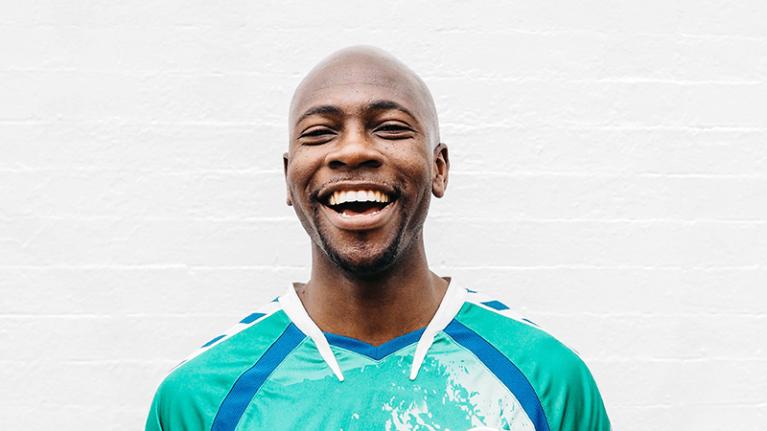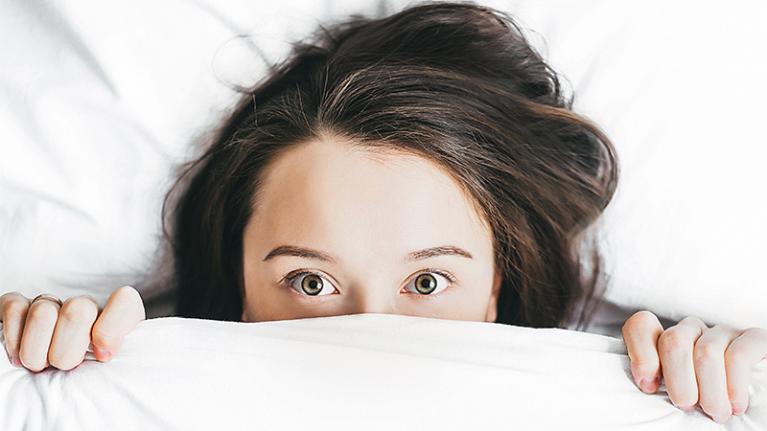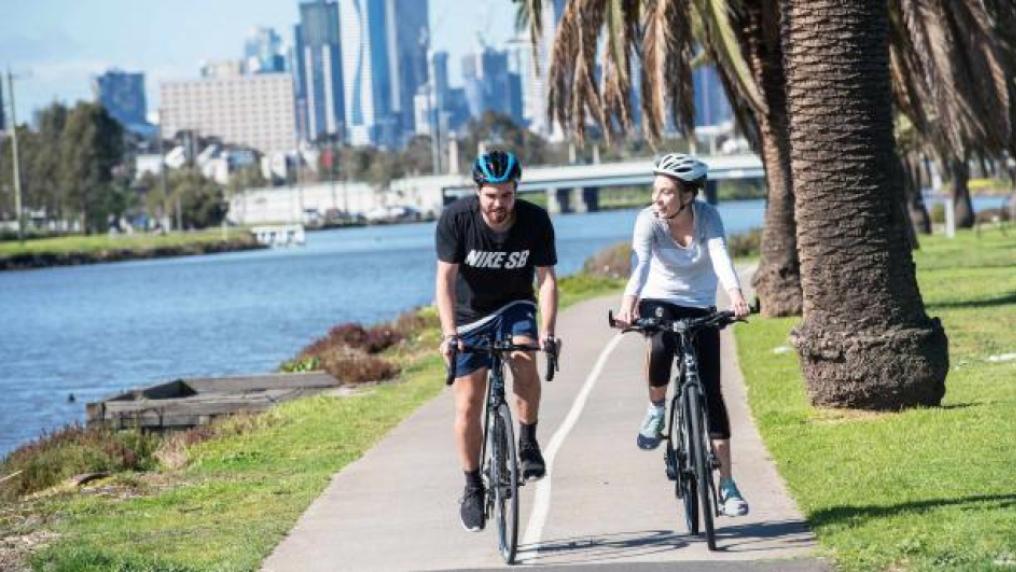The benefits of exercise
Our lives can be extremely busy. And no matter what we do, we constantly feel like there’s always something else to be done. But, if you’re feeling tired or stressed after a long day of work or study, exercise can actually help you feel good about yourself. Not to mention, it’ll help you lead a healthier life.
Sure, energy is hard to come by at the end of a long day, and it’s difficult to then drag ourselves up from our slump and exercise. But physical activity is essential for our bodies, there are so many benefits in just moving around. Here are a few of them.

Assists mental health
When you feel stressed or anxious, this usually comes from the part in the brain named the “amygdala”. This is the emotional core of the brain that deals with our fear and emotional responses.
However, physical activity increases the brains sensitivity for those ‘feel good’ hormones, serotonin and norepinephrine which relieve feelings of depression. By exercising, you increase the production of endorphins which helps create positive emotions. By going for a walk or participating in some sort of physical activity, you can distract your mind from stress related tasks and free yourself mentally.

Increases physical fitness
Regular physical activity is a great way to gain strength, maintain weight and reduce your risk of any chronic diseases. Exercise improves insulin sensitivity, cardiovascular fitness and body composition while also decreasing blood pressure and blood fat levels.
By exercising daily, you can create healthy habits for yourself which will positively benefit your body mentally and physically.

Helps with sleep quality and energy levels
When you exercise, your body’s energy gradually depletes helping significantly when falling asleep. Low amounts of energy while sleeping stimulates the recuperative process, a phase in which your body repairs and renews itself both physically and mentally.
A study conducted by the department of Neurology at North Western University, Chicago tested 17 people with sleep insomnia and found that they all slept longer and deeper after 16 weeks of physical activity. By having a greater quality of sleep these people felt more energised throughout their daily lives as well.
Just 150 minutes of moderate to vigorous activity per week can increase your sleep quality by as much as 65%! That’s around 20 minutes a day in exchange for a better night’s sleep and more energised days.

What exercise should we be doing?
Exercise can be split into three categories, depending on how intense it is:
- Light (between 40 – 54% of your max heart rate)
- Moderate (between 55 – 69% of your max heart rate)
- Vigorous (more than 69% of your max heart rate).
Different types of exercise include:
Aerobic (increases your breathing and heart rate)
Swimming, running, dancing.
Strength (keeps bones and muscles strong)
Lifting weights, cycling, heavy gardening (digging or planting).
Flexibility (helps your range of motion)
Stretching, yoga, pilates.
Balance Exercises (strengthens your core)
Try walking backwards, standing on one foot or using a stability ball.
Exercise can be as easy as taking a stroll in the park or just taking the stairs instead of the elevator at work. By participating in any form of physical activity you are doing your body a great favour, benefiting you physically and mentally in both the short and long term.
